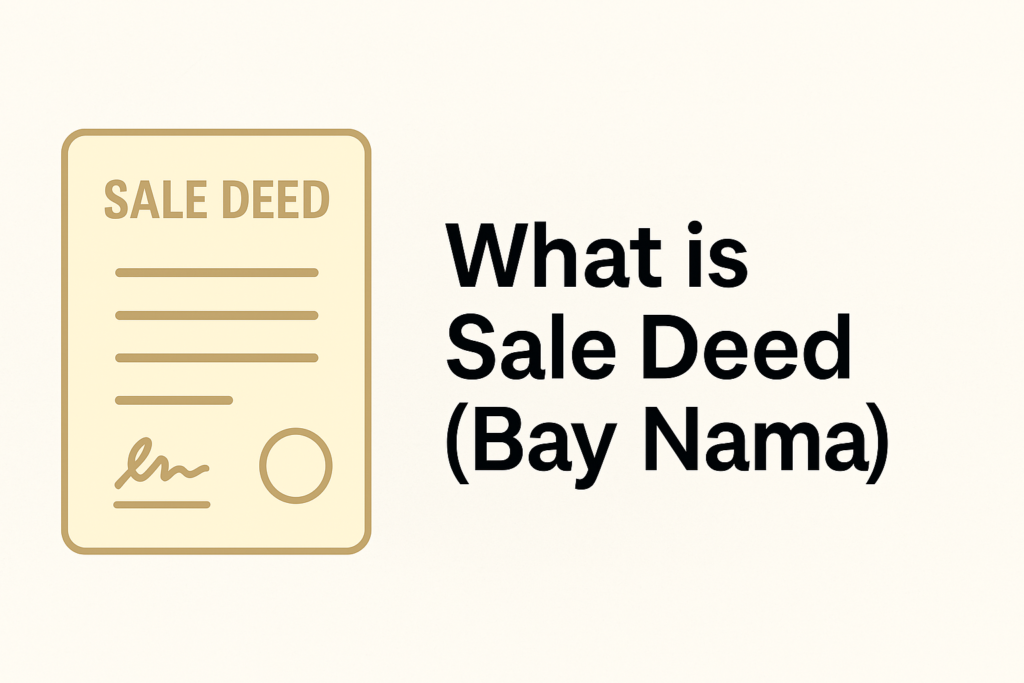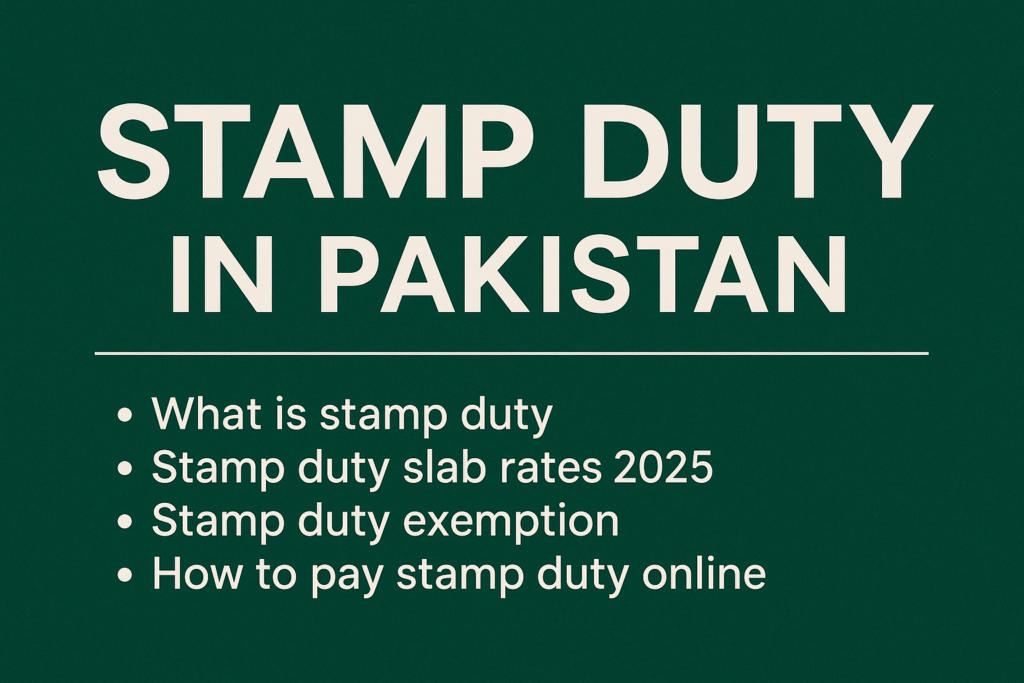The real estate sector in Pakistan continues to attract strong interest from locals, overseas Pakistanis, and investors alike. Whether you’re looking to build your dream home, start a commercial project, or invest in agricultural land, it’s essential to follow the correct legal procedures. The land buying process in Pakistan can be complex, especially for first-time buyers.
This expert guide outlines all the necessary legal and procedural steps to buy land in Pakistan in 2025. It is ideal for expats, first-time buyers, and investors seeking secure property transactions and long-term value.
Step-by-Step Guide to Buying Land in Pakistan
Following are the step by step guide to buy land in pakistan
Step 1 – Define Your Purpose and Budget
Before starting your property search, identify the purpose of your land purchase:
- Residential: For building a house or villa
- Commercial: For business, retail, or office use
- Agricultural: For farming or livestock
Establish a clear budget. Factor in not only the land cost but also taxes, legal fees, stamp duties, and potential development expenses. Keep in mind that land prices vary significantly based on location, city, and access to infrastructure.
Step 2 – Shortlist Legal and Approved Land
Always look for land that is legally approved for your intended use. Key considerations include:
- Land Use Verification: Ensure the land is classified appropriately (residential, commercial, agricultural).
- Master Plan Approval: Cross-check with the master plan of the city or region.
- NOC Verification: Confirm the No Objection Certificate (NOC) status from the relevant development authority:
- Lahore: LDA
- Islamabad: CDA
- Rawalpindi: RDA
- Karachi: SBCA
This helps ensure that the property is not under litigation, illegal possession, or encroachment.
Step 3 – Title Verification and Due Diligence
Due diligence is critical to avoid fraud. Take these steps:
- Request Original Documents: Fard (ownership record), Sale Deed, Registry, Mutation
- Ownership Confirmation: Visit the local land revenue department or check online (e.g., PLRA)
- Hire a Legal Advisor: A property lawyer can cross-check documentation, identify risks, and verify no legal disputes exist on the land
Step 4 – Token Money and Bayana Agreement
Once you are satisfied with verification, secure the deal with:
- Token Money: A small amount to reserve the land
- Bayana Agreement: A formal written agreement outlining:
- Buyer and seller details
- Agreed price and schedule
- Payment terms and timeline
- Legal obligations of both parties
Make sure this agreement is signed in front of witnesses and includes photocopies of CNICs.
Step 5 – Sales Deed and Stamp Duty
Once the Bayana stage is complete:

- Draft Sale Deed: A property lawyer drafts the final sale deed
- Payment of Government Fees:
- Stamp Duty: Typically 3%
- Capital Value Tax (CVT): 2%
- Registration Fee: Around 1%
- Registry with Sub-Registrar: Final signing takes place at the sub-registrar office with both parties present

The sale deed is then officially registered, making the transaction legal.
Step 6 – Mutation (Intiqal) and Possession
Mutation is the final and most critical legal step:

- File for Mutation: Submit application to the land revenue office (Patwari or Tehsildar)
- Document Submission: Include sale deed, CNIC, and registry
- Ownership Transfer: Mutation updates ownership in official records
- Take Physical Possession: Request possession letter and ensure land boundary marking
Common Mistakes to Avoid When Buying Land in Pakistan
- Skipping NOC Verification: Unapproved societies can face demolition or legal issues
- No Legal Advisor: Missing out on document checks increases fraud risk
- Ignoring Taxes and Dues: Ensure the land has no unpaid utility bills, development charges, or land revenue
FAQs – Land Buying in Pakistan
Q1: Can overseas Pakistanis buy land?
Yes, they can. It’s recommended to appoint a trustworthy power of attorney and consult with legal professionals.
Q2: Is Fard the same as ownership proof?
Yes, Fard is the official record issued by the revenue department confirming ownership.
Q3: How do I check land records online?
For Punjab, visit: https://plra.punjab-zameen.gov.pk
Final Tips for Safe and Legal Land Purchase in 2025
- Use Official Portals: Verify land details through provincial authorities (e.g., PLRA, Sindh Zameen, CDA)
- Consult Patwari & Lawyers: They help you navigate taxes, stamp duties, and fraud checks
- Keep Copies of All Documents: Always retain photocopies, receipts, and verified agreements
- Do Not Pay in Cash: Use official banking channels to ensure traceability
Buying land in Pakistan can be a secure and profitable venture—if you follow the correct legal steps and remain vigilant. This 2025 expert guide provides a safe roadmap to help you invest in property with confidence and peace of mind.



Leave a Reply